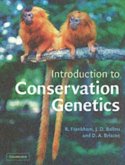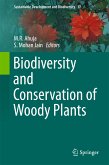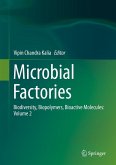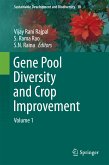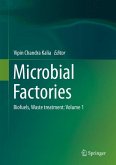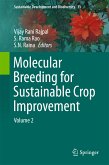This impressive author team brings the wealth of advances in conservation genetics into the new edition of this introductory text, including new chapters on population genomics and genetic issues in introduced and invasive species. They continue the strong learning features for students - main points in the margin, chapter summaries, vital support with the mathematics, and further reading - and now guide the reader to software and databases. Many new references reflect the expansion of this field. With examples from mammals, birds, reptiles, fish, amphibians, plants and invertebrates, this is an ideal introduction to conservation genetics for a broad audience. The text tackles the quantitative aspects of conservation genetics, and has a host of pedagogy to support students learning the numerical side of the subject. Combined with being up-to-date, its user-friendly writing style and first-class illustration programme forms a robust teaching package.
Dieser Download kann aus rechtlichen Gründen nur mit Rechnungsadresse in A, B, BG, CY, CZ, D, DK, EW, E, FIN, F, GR, HR, H, IRL, I, LT, L, LR, M, NL, PL, P, R, S, SLO, SK ausgeliefert werden.
'... an excellent introduction to population and quantitative genetics ... Introduction to Conservation Genetics is an important book; it has authoritative reviews and lucid descriptions of population and quantitative genetics. It is beautifully put together and illustrated ... I anticipate that this book and its successors will be the standard text and reference for years to come.' Charles E. Taylor, Conservation Biology



